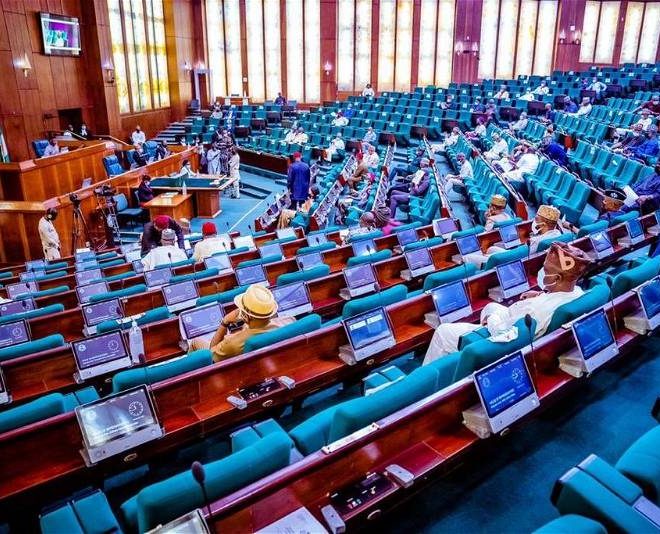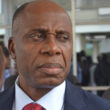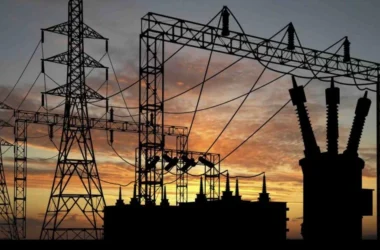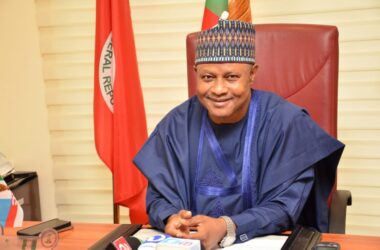The Nigerian House of Representatives has begun efforts to offer free internet access in specific public spaces across the country. This move comes after the first reading of a bill titled, “An Act to Provide the Legal Framework for the Free Internet Access Programme in Selected Public Places in Nigeria and for Other Related Matters,” which was proposed by Mr. Abubakar Kusada, who represents the Kankia/Ingawa/Kusada Federal Constituency in Katsina State.
Kusada emphasized the importance of information and communications technology (ICT) in national development. He stressed that the policy would help “promote an environment for the development of structures that would ensure availability and accessibility to reliable and secure internet access.”
According to the bill, various public places would benefit from free internet services. These include government offices at federal, state, and local levels, secondary and higher education institutions, public hospitals, health centers in rural communities, police and military barracks, and other places such as public parks, libraries, airports, and transportation terminals.
The bill clearly states that “No fee shall be collected from users to connect on the public internet access points.” It ensures that the public internet service will be separate from the one used by government systems for official work. In case of security or technical risks, access restrictions will only be applied if necessary, and efforts will be made to maintain ease of access where possible.
The Nigerian Communications Commission (NCC) and the National Information Technology Development Agency (NITDA) will be responsible for setting the standards and deciding which public spaces will be included first in the rollout of the programme. They will also work together to ensure effective implementation.
Within a year of the law being passed, NCC and NITDA are required to develop a plan for rolling out the programme. The bill emphasizes cooperation with local and federal governments, the private sector, and advocacy groups to ensure its success. Furthermore, the agencies are given the authority to arrange funding for the project from various sources, including private and government sectors, both domestic and foreign.
In terms of service quality, the bill mandates that the minimum internet speed per user should be two megabytes per second, or as per the National Broadband Plan, whichever is higher. This ensures that users can access reliable internet services.
The bill also promotes collaboration with private companies to deliver efficient services. Section 6(1) states, “To promote an efficient and cost-effective delivery of free internet access in public places, NCC and NITDA may partner with the private sector in the implementation of the programme.” These partnerships would enable additional services for a reasonable fee, provided they meet NCC registration requirements.










